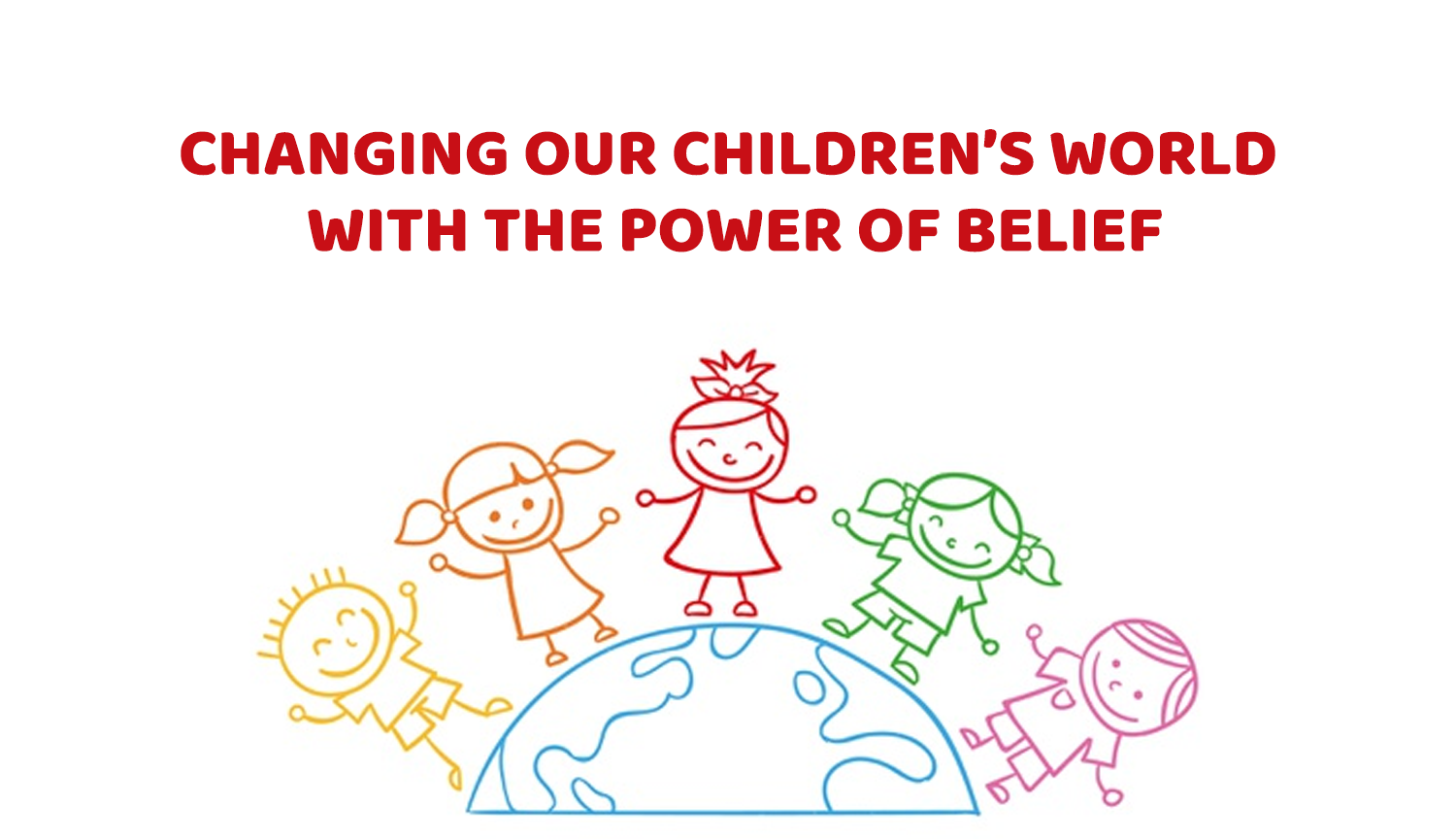The ingenuity of the human mind is attributed to most of mankind’s biggest victories, but just as every coin has two faces, it has also been attributed to some of our biggest flaws. Dreams, ideas, capabilities and ever fears, are all drawings on the chalkboard of our mind—they are creations of the brain and they all stem from the power of our beliefs.
What is the power of belief?
Denis Waitley, a motivational speaker and writer, said: “If you believe you can, you probably can. If you believe you won’t, you most assuredly won’t. Belief is the ignition switch that gets you off the launching pad.”
The capacity of the mind is immense—our thoughts can heavily influence events. Our growth is aided by the power of our beliefs, and on the same note, our inabilities are aided by a lack of it. Our human potential is both limited or expanded by beliefs about who we are and what we can accomplish.
Belief gives us the power of persistence. It empowers us with the ability to say that we will find a way and that we will not give up without putting up a fight. One way of looking at it is that we can only fail or give up if we falter in our belief.
Wilbur and Orville Wright – these two brothers believed that they could make men fly. They believed this without formal education and despite other people believing that it was impossible to fly. Belief and subsequent action are extremely powerful.
Sir Roger Bannister was the first man who first broke the 4-minute-mile barrier when he crossed the finish line with a record time of 3:59.4. The earlier record stood at 4:01. As a part of his training, Sir Roger consistently visualized the act to facilitate a sense of certitude in his mind and body. His belief and determination showed mankind that limitations exist only in our minds and not anywhere else.
These people, who were possessed by their beliefs in themselves and their potential, teach us a lot about the power of belief and how we can use it to help ourselves and others.
Using the power of belief to help children.
The first step to helping children achieve success or anything great is to instill an incredible sense of self-belief. Thereafter, when combined with action and perseverance, it will help make things happen. That being said, we will also need to instill a growth mindset to learn and grow the skills that they will need.
A belief is a deep feeling of certainty about something. If I say I am creative, then I have a deep feeling of certainty about being creative. This sense of certainty will automatically have me tapping into resources that produce creative results and outcomes. Each creative result I have or every time someone says something positive about my creativity, it solidifies the belief in my brain that I am creative. We can use the same approach to help us our children develop a sense of belief in themselves. The trick is to help them emotionally feel each reference point or celebrate every experience that they have to make the belief as strong as it can be.
However, this works in the same way for a negative belief about the self. For example, if our children believe that they are procrastinators and have deep feelings about being a procrastinator then this sense of certainty will automatically have them tapping into resources that promote procrastination. It is the same for beliefs about the world or others. Their beliefs that people are kind or that people are mean will have them focussing on the experiences of people being kind or mean, which will strengthen their core belief. This happens because we humans have a confirmation bias.
A confirmation bias is the tendency to favour information that confirms our existing beliefs. We naturally give more weight to things that align with our existing beliefs and either ignore or undervalue things that do not. People look for information that supports their existing beliefs. So, whether you believe in gun control or not, or think COVID is a deadly virus or a little more than the flu, you will notice information that backs your beliefs.
This means that our children’s beliefs can impact their growth and even the way they perceive the world. However, their beliefs, as young children, are heavily influenced by the beliefs of their friends, teachers and their parents.
We have to remember that as parents, our beliefs not only impact our lives but the lives of our children as well. We encourage and foster the beliefs that they will embed, possibly for life. The words we use and the label we imply will create an impression in their mind and affect their capabilities, dreams, ideals and even their fears. It is important for us to inculcate positive beliefs that will empower them and create a positive impact on their lives. Our beliefs will shape their beliefs, which will shape the world they view and create.
Originally published on Medium @lina_47001


